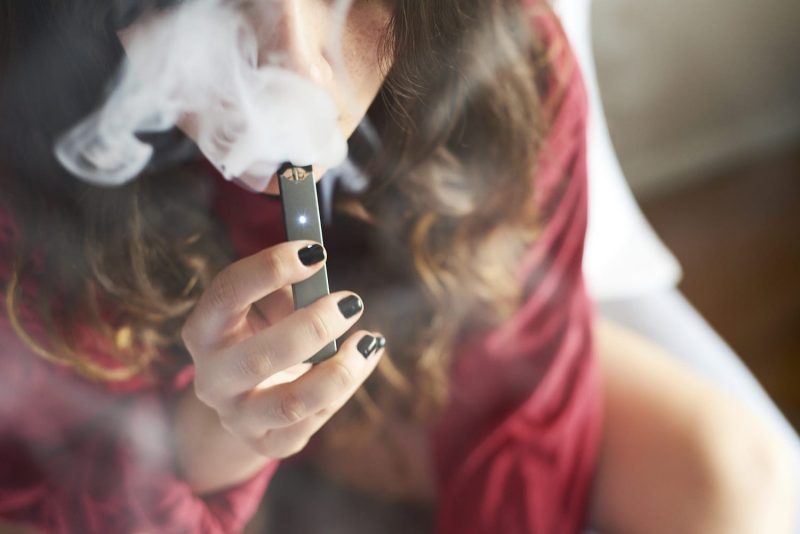The recent news regarding Juul users receiving thousands of dollars as part of a $300 million class-action settlement has brought attention to the ongoing debate surrounding e-cigarette usage and teen vaping. This settlement stems from a lawsuit filed against Juul Labs Inc., alleging that the company marketed its products to minors and misrepresented the risks associated with vaping.
One of the key points of contention in this case is the aggressive marketing tactics employed by Juul, which have been criticized for targeting young people through social media influencers and colorful advertising campaigns. Critics argue that this marketing strategy contributed to the rise in teenage vaping and nicotine addiction.
The $300 million settlement will provide financial compensation to eligible individuals who can demonstrate that they purchased, used, or were exposed to Juul products. The amount of compensation received by each claimant will vary based on their level of engagement with Juul products and any resulting health issues.
This settlement serves as a significant victory for public health advocates who have long been pushing for stricter regulations on e-cigarettes and vaping products. It sends a strong message to companies like Juul that they will be held accountable for their actions and the impact of their products on public health.
In addition to the financial aspect of the settlement, Juul Labs Inc. has also agreed to implement changes to its marketing practices and youth prevention efforts. This includes discontinuing the use of social media influencers, restricting the sale of flavored e-cigarettes, and funding programs aimed at preventing underage vaping.
While this settlement represents a step in the right direction, the fight against teen vaping is far from over. It highlights the need for continued vigilance and regulation to protect young people from the harmful effects of nicotine addiction and vaping-related illnesses.
In conclusion, the $300 million class-action settlement involving Juul Labs Inc. serves as a significant milestone in the ongoing battle against teen vaping and deceptive marketing practices in the e-cigarette industry. It underscores the importance of holding companies accountable for their actions and working towards a healthier, safer future for our youth.
